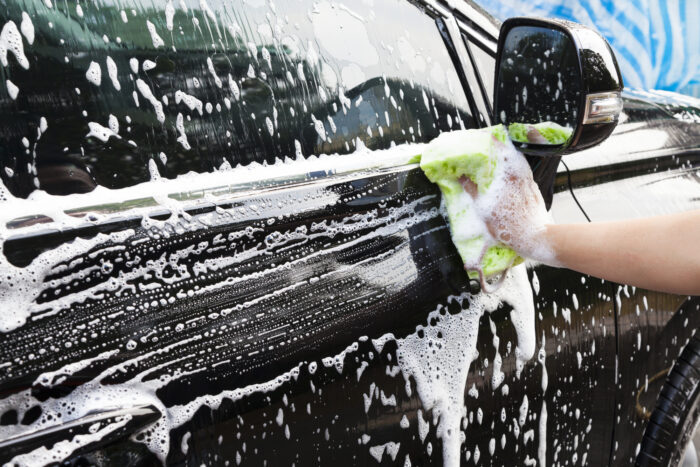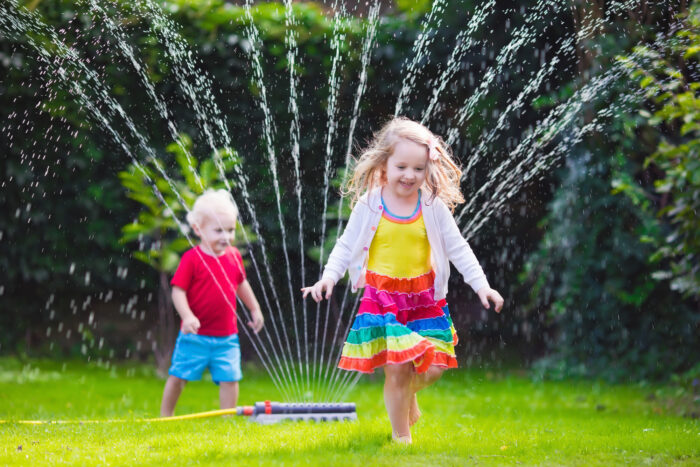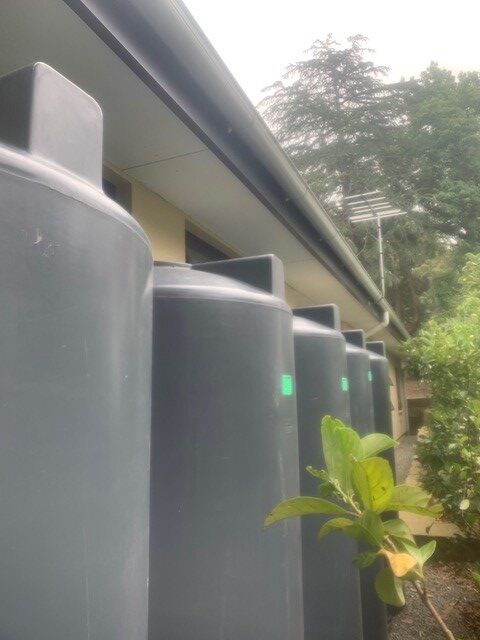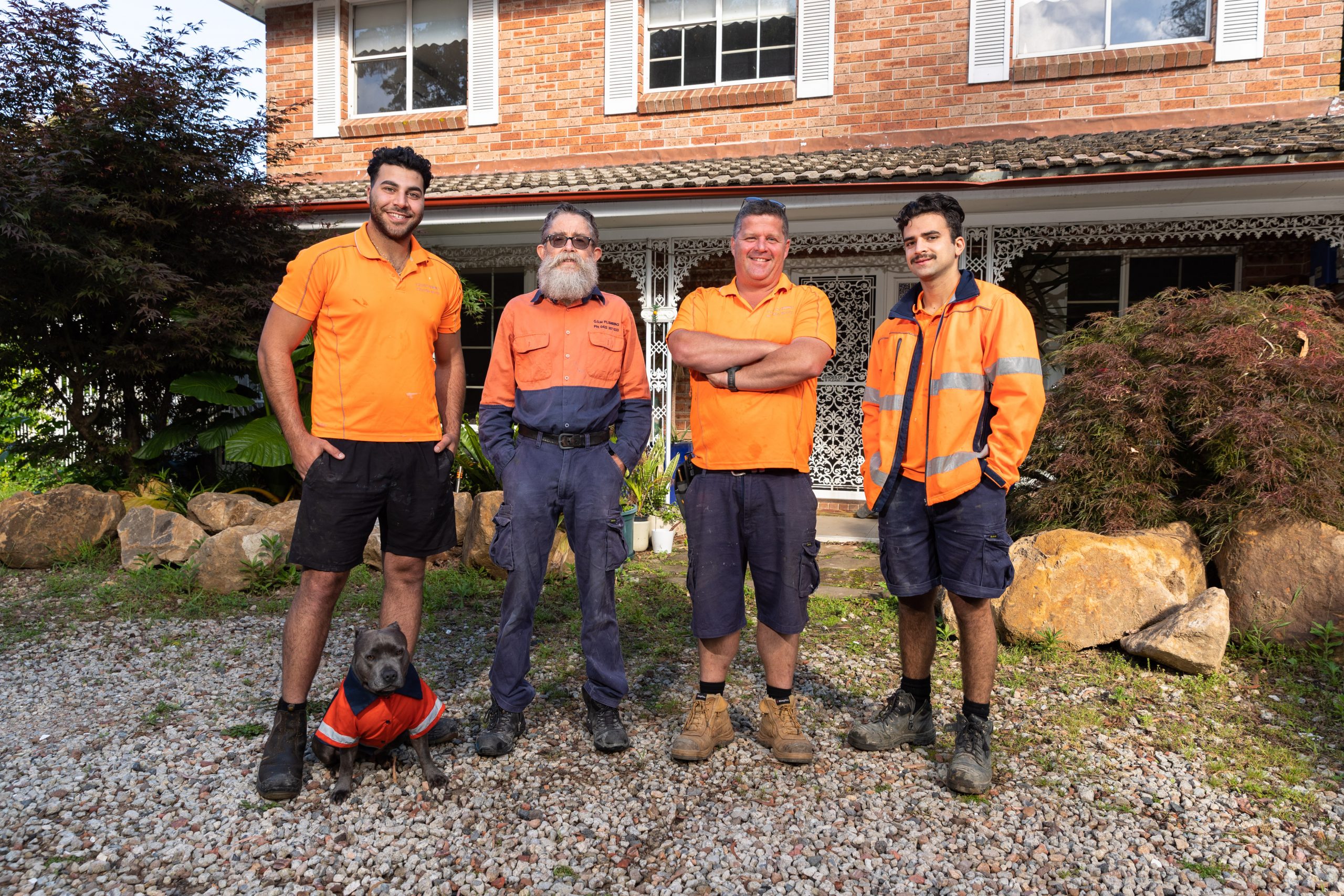Like the rest of Sydney, Castle Hill residents breathed a huge sigh of relief and celebrated last December 1 when water restrictions were lifted. This welcome news came following the biggest rain event in 20 years, which boosted dam levels state-wide. The first day of summer was greeted with more cheers than usual, and people were once again able to hose their gardens and cars and top up swimming pools.
Greater Sydney may well be recovering from one of the worst droughts on record, but it’s no time to be complacent. As history has shown us, draughts are a part of life in Australia, and low rain fall conditions are certain to re-occur eventually. Severe dry conditions will return to the city, putting the onus on everyone to be drought ready by conserving water and reducing wastage.
To encourage sustainable water use so that there is enough for everyone, the NSW Government introduced new Water Wise Guidelines.
Water Wise Guidelines at a glance
Under the new guidelines, Hills District residents can now:
- Water lawns and gardens before 10 am and after 4 pm using a hose with a trigger nozzle, standard watering systems or sprinklers
- Wash vehicles and clean buildings
- Top up swimming pools
- Cool people and animals
How Castle Hill residents and businesses can use water
With the water restrictions lifted, residents and businesses can now use potable water for a variety of purposes. However, local authorities are encouraging everyone to be conscious of the need to conserve, and not waste, water.
The lifting of restrictions doesn’t mean it’s open season to waste water with reckless abandon. So here is a closer look at some of the new guidelines:
- Residents and businesses in the Hills District can top up existing pools, spas and ponds if the water has been lost through evaporation, firefighting or related activities. You can also fill new or renovated pools, spas and ponds.
- If you have a drip irrigation or smart water system, you can use them to water your garden at any time.
- Pool covers are not obligatory, but they are recommended to save water and energy.
- Residents and businesses can wash cars, trucks, vans and other vehicles with a hand-held hose with an instant on-off mechanism. High-pressure water cleaning equipment can also be used. If you have your own boat, you are allowed ten minutes to clean it.
- Residents and businesses can wash all or part of their buildings using a hand-held hose.
- Again, this must have an instant on-off mechanism. They can also use after to clean paths and other paved areas for health, safety and emergency reasons.
- Some categories of businesses are permitted to water their plants, gardens and sports facilities at any time. This applies to commercial retail nurseries, commercial plant growers, landscapers, market gardeners, mobile garden contractors and people responsible for maintaining community lawns and sports facilities.

Just because the restrictions have been eased, there are still strict rules in place. The guidelines are enforceable with fine applicable if you leave hoses and taps unattended, let pools overflow or allow water to run off onto hard services. Individuals flouting these rules will be fined $220, while businesses will have to pay $550.
Thrill to water-based activities
The lifting of restrictions is also good news for our leisure time. We may well have waved goodbye to summer, but there are still plenty of warm days ahead to enjoy water-based activities. Plunge yourself and your family into aquatic adventures at water play parks in and near the Hills district. Commercial water slide operators and recreational facilities such as water parks are permitted to use water where it forms an integral part of their operations.

How to prepare for the next drought
Droughts are going to be more frequent, longer and more intense, at least until the end of the century. That’s according to scientists at the Australian National University and the University of New South Wales.
The best way to deal with the inevitable is to prepare for it. That means assessing your water needs and coming up with a plan for water conservation. By taking steps to reduce water usage, Castle Hill residents and businesses can minimise impacts to water availabilty.
Here are some water-saving tips you can do right now.
1) Get into the habit of not wasting water because there can be other uses for it. For example, instead of throwing water down the sink, use it to water plants and the garden.
2) Insulate your pipes to prevent them from breaking.
3) Check your home for potential water leaks and have them repaired by a reliable and trustworthy plumber.
4) If you’re purchasing new appliances choose those that are more energy and water efficient.
5) Install a toilet displacement device to reduce the amount of water needed per flush.
6) Plant drought-tolerant grasses, shrubs and trees in your garden.
7) If you use sprinklers to water your garden, position them so water lands on the vegetation and not paved areas. If you need to water your lawn, do so at night when the water is less likely to evaporate due to lower temperatures.
8) Install irrigation devices that make the most efficient use of water in the garden.
9) Consider having a rainwater tank plumbed into your home to ensure you have enough water to meet your daily needs. The tanks play an important part in preserving precious water supplies by capturing and storing rainwater.

Rainwater tanks work by storing rain when it falls, which can be used around the house for a number of purposes. These include cleaning, cooking and washing. Note that, in general, it’s not safe to drink collected rainwater that hasn’t been filtered.
Contact GSM Plumbing to get drought ready
Water is a precious resource, and we can’t afford to take it for granted. If you’re looking for ways to be drought ready and reduce your water consumption at home or work, call your local plumber in Castle Hill. We can fix your leaks, install rainwater tanks and ensure you’re better prepared for drought the next time water restrictions come around.





